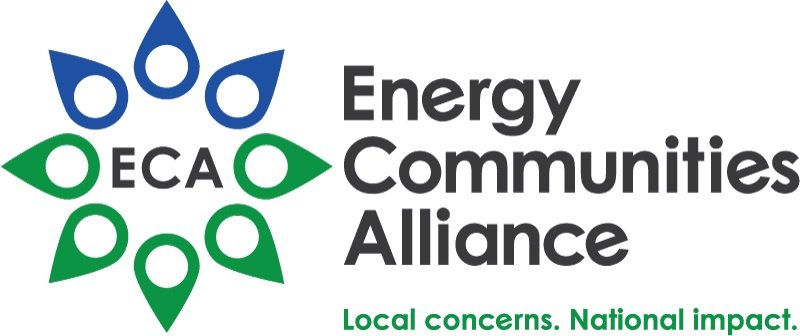ECA & DECOMMISSIONING PLANT COALITION HOST MEETING TO DISCUSS CONSENT BASED SITING
This week ECA hosted another Consent Based Siting Meeting, this time in collaboration with the Decommissioning Plant Coalition at the Maine Yankee Independent Spent Fuel Storage Installation (ISFSI) in Wiscasset, Maine.
To kick off the meeting, Paul Murray, Department of Energy Office of Nuclear Energy (DOE-NE) Deputy Assistant Secretary for Sent Fuel and High-Level Waste Disposition, presented an update from the Office of Consent-Based Siting.
Every year, DOE’s liabilities continue to grow by billions of dollars, outpacing the growth of its annual appropriations budget. To cover the costs of settlement agreements with private facilities that store waste on-site, waste that DOE is legal responsible to take charge of, per the Nuclear Waste Policy Act of 1986 (NWPA). DOE takes on a liability which costs taxpayers an average of $800 million dollars every year, the second highest following Social Security (fact-check also). Siting a Consolidated Interim Storage Facility (CISF) is DOE’s responsibility to meet its legal obligations per the NWPA.
The need to site a Consolidated Interim Storage Facility is clear, and DOE aims to become a Nuclear Regulatory Commission (NRC) Licensee and site one beginning in 2038. DOE hopes to open Expressions of Interest (EOIs) in hosting a CISF to the public and communities by summer of 2025. These EOI are not a commitment for hosting a CISF, but rather a way to start a conversation with DOE-NE and allow for community capacity building. Murray emphasized that by taking these steps, DOE is embarking on a 250 year long, multigenerational program, one that will doubtlessly require support from our local communities to succeed, but also support and engagement from state and Tribal governments.
DOE-NE is also undertaking initiatives to build the physical infrastructure and social capital necessary to site a CISF. DOE collaborated with the U.S. Navy to design and approve the Atlas rail car. The Atlas rail car is specifically designed to transport spent nuclear fuel (SNF), and DOE plans to move High-Burn Up casks by 2027 via the Atlas rail car to prove the safety and efficiency of the rail car model. To prove the safety of the Atlas rail car to the public, DOE has created the Package Performance Demonstration Request for Information (RFI) to solicit public input for how DOE can test the rail car (link to RFI is possible). Murray also discussed DOE’s plans to assess alternative remediation options and disposal pathways for Hanford waste, to remove waste sooner and at a lower cost to taxpayers.
During the first day of the meeting, Maine Yankee provided a tour of the Maine Yankee IFSFI to meeting attendees. An IFSFI is an interim storage facility for SNF. Participants were able to view over 60 dry-storage casks, see the facilities on-site, and learned about what an ISFSI is and how an ISFSI is safely maintained and monitored.
Maine Yankee operated a 900-megawatt nuclear power plant that operated until 1997, when it was shut down for economic reasons. The plant was successfully decommissioned between 1997 and 2005, which involved the transfer of SNF and greater-than-class-C waste from the plant’s spent fuel pool to stainless steel cannisters and concrete casks.
The annual cost to operate the Maine Yankee ISFSI comes to about $10 million per year. Maine Yankee meets this cost through ongoing litigation with DOE to recover the cost of storing waste as a result of DOE’s failure to fulfill its obligations to remove the waste. Once the Federal Government fulfills its responsibility to remove SNF and GTCC waste from the site, the Maine Yankee ISFSI site will be decommissioned.
ECA looks forward to providing a complete summary of the meeting next week. For more on Consent-Based Siting, see our website.
